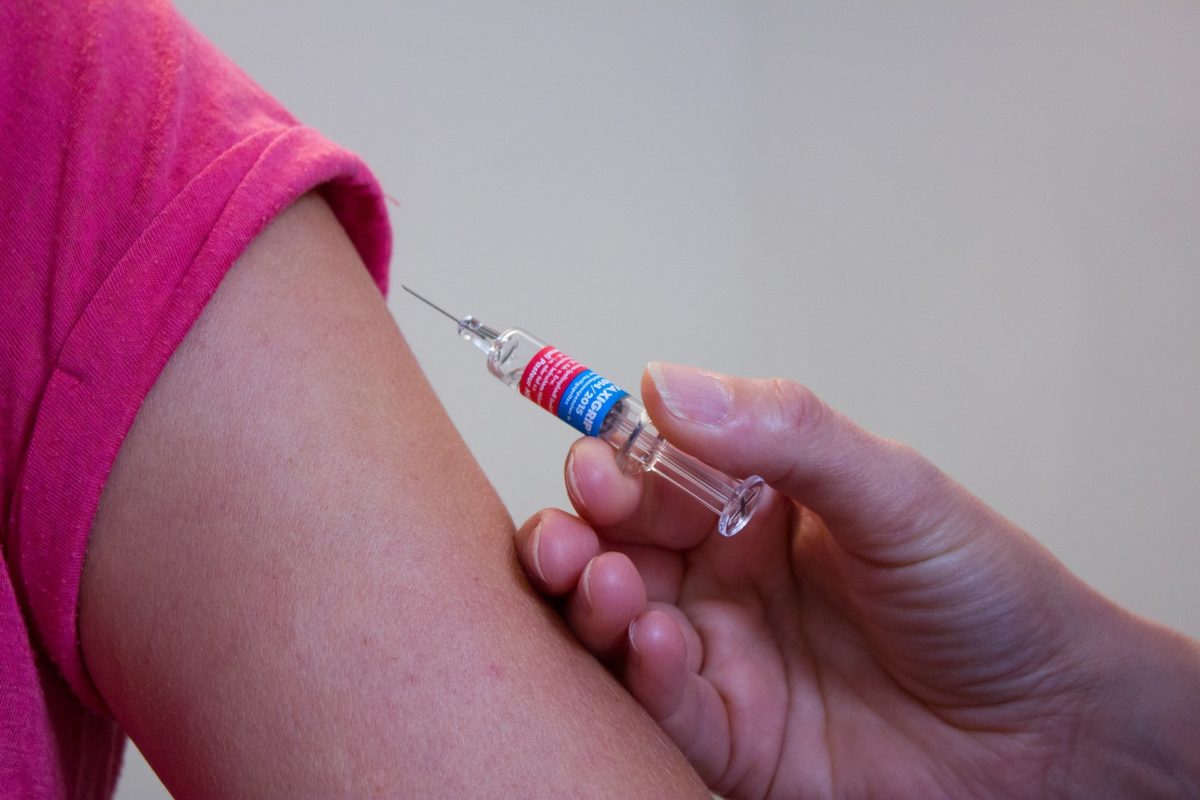KUALA LUMPUR, Dec 6 – Nearly 10 million cases and 142,000 deaths from measles were recorded last year, according to new 2018 estimates by the World Health Organization (WHO) and the US Centers for Disease Control (CDC).
Three times more measles cases have been reported so far this year than at the same stage in 2018. Most of those deaths are of children, according to the Guardian.
“The fact that any child dies from a vaccine-preventable disease like measles is frankly an outrage and a collective failure to protect the world’s most vulnerable children. To save lives, we must ensure everyone can benefit from vaccines, which means investing in immunization and quality healthcare as a right for all,” said WHO director-general Dr Tedros Adhanom Ghebreyesus.
Prof Heidi Larson, the director of the Vaccine Confidence Project at the London School of Hygiene and Tropical Medicine, said: “Measles, the most contagious of all vaccine-preventable diseases, is the tip of the iceberg of other vaccine-preventable disease threats and should be a wake-up call to strengthen protection against future outbreaks.”
Various reasons contribute to the increase in the cases, including an increase in anti-vax misinformation spread through social media in the UK and US, as well as problems in health services elsewhere.
In the Democratic Republic of the Congo, where not enough children have been immunised because of conflict and low-quality health services, more than 4,500 people have died from measles this year – more than the death toll from Ebola.
In Samoa, where the death toll from measles is at 62, medical teams are going door-to-door to administer vaccines.
Authorities have asked families that are not vaccinated against measles to display red flags outside their homes to allow identification by the vaccination teams.
There are more than 4,200 reported cases of measles in the country, out of a total population of 200,000, and there are currently 172 measles patients in the country’s hospitals including 19 critically ill children and three pregnant women.
Samoa’s measles epidemic worsened after parents lost confidence in vaccination following the deaths of two children from a wrongly mixed vaccine last year.
“We are clearly backsliding in terms of progress on measles. It’s not just that we are not continuing to have progress in its control and direction towards elimination, we are now going backwards. It is very sobering. The size of these outbreaks is very large,” added the WHO’s immunisation director, Dr Kate O’Brien.
Efforts are being made to curb anti-vaxxer misinformation spread all over the world.
Social media companies are beginning to help by taking down blatant misinformation and directing people to reliable sources such as Public Health England, the WHO or the CDC in the US.
O’Brien reportedly said health care workers needed to be well prepared to answer vaccine questions, and young people needed to be educated about science, illness, vaccines and credible sources.
“They will be the parents of the future and we really think that there’s a lot that could be done now to essentially immunise young people against misinformation,” she said.








